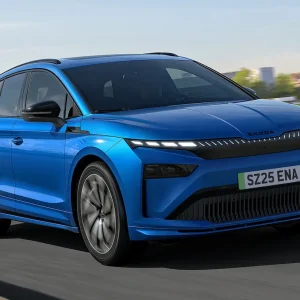Failing to support fleets with a fair tax system will seriously threaten government attempts to decarbonise road transport.
That’s the warning from the British Vehicle Rental and Leasing Association (BVRLA), which it has issued in response to HM Treasury’s review of WLTP and vehicle taxes.
The review asks what, if any, adjustments should be made for expected increases in official CO2 emissions figures under the new testing regime.
The BVRLA says that company car and vehicle rental markets have played key roles in buying new ultra-low emission vehicles then reselling them into the used market.
It says recent company car tax hikes, when combined with WLTP-related uncertainty and a lack of visibility on future rates beyond 2021, had already led to more employers and employees opting out of the market, with staff in most cases ending up driving a more polluting personal lease or grey fleet vehicle.
As a result, it warns that some of the fleet industry’s recent progress in reducing vehicle CO2 is already being reversed, and if the government fails to manage the impact of WLTP-based company car tax this trend will only accelerate.
It also warns that approaching WLTP-related rises in VED are set to cause big tax hikes for rental operators.
BVRLA chief executive Gerry Keaney said: “Our members buy nearly 1.6 million cars each year and are responsible for most ultra-low emission vehicle registrations.
“Most policymakers recognise the vital part that these fleets will play in delivering the government’s flagship Road to Zero and Industrial Strategy.
“We need HM Treasury to acknowledge and support the fleet sector’s role by providing a fair, consistent and well-signposted tax regime.
“WLTP is designed to offer motorists greater transparency. It should not be used as an excuse to boost treasury coffers.”
The BVRLA is continuing to urge industry colleagues to make their own responses to the Treasury consultation, which closes on 17 February.





